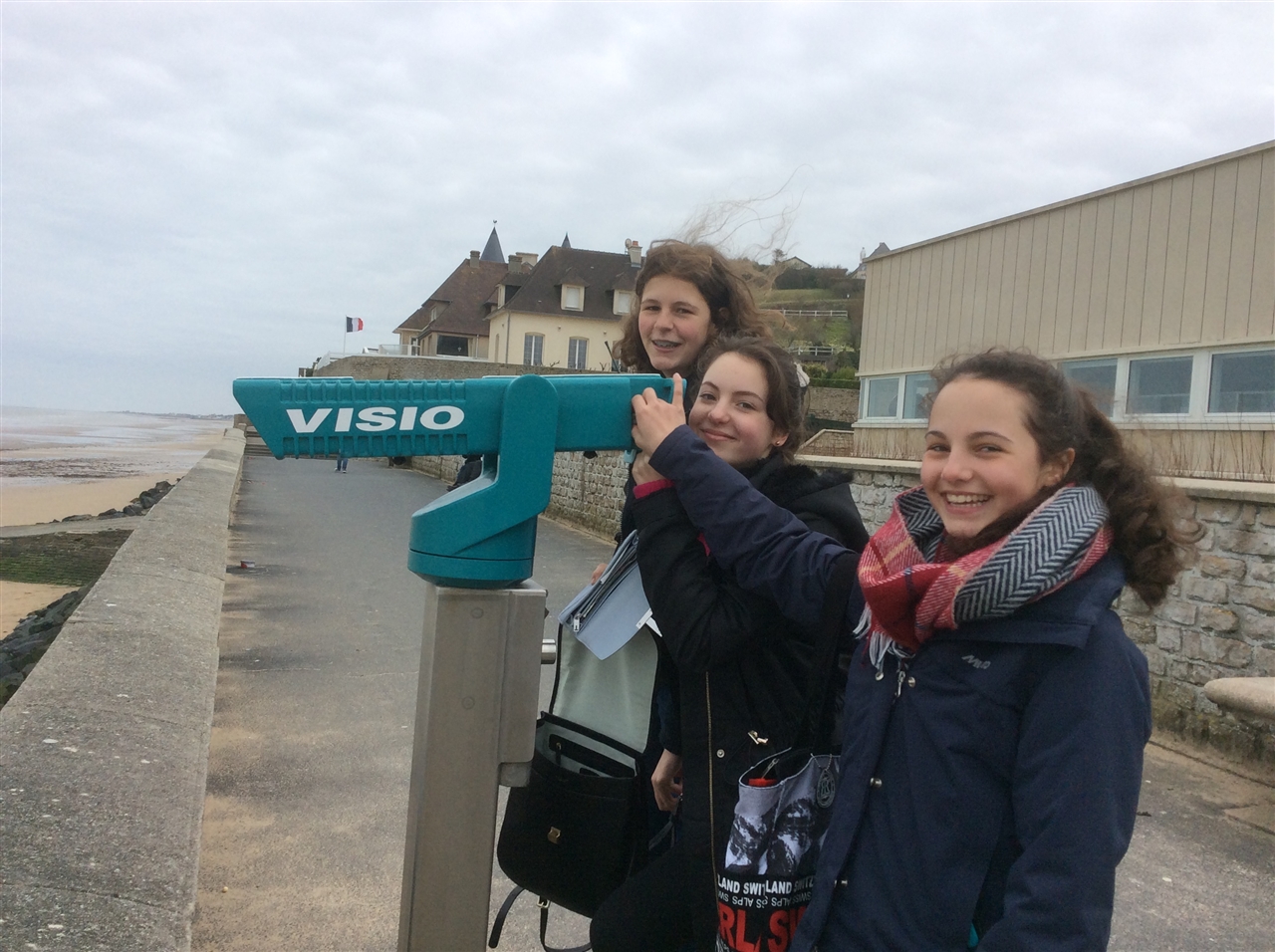
Geography

Geography is about how the world works and the place of humans within it. At Key Stage Three we study a range of themes, both human and physical, and at global and local scales. We use a range of sources to help us do this: software such as ArcGIS and Google Earth as well as more traditional information sheets. We also encourage fieldwork, an essential facet of Geography.
Year 7
We start by introducing what Geography is and surveying our local area before studying a range of natural hazards. For example, is the size of an earthquake really the most important factor in determining impacts? We then look at Africa with a focus on the misconceptions surrounding this continent of contrasts. Our Ecosystems unit includes a fieldwork element, where we go to our nature reserve. There they use apps and fieldwork equipment to find out if their theory-based predictions hold true in the real world.
Year 8
Our Year 8 units have a global theme. We start with Globalisation and how the production of food, for instance, is wildly different from the past. We study the Geography of Crime at international as well as local scales, using police maps to record where it is highest. We then look at Global Inequalities, using maps to find out where these inequalities are and understand how they lead to migration. Our final unit is on Environmental Issues, where we look at the problems of climate change and plastics for instance, before discussing what we can do about them.
Year 9
We start our GCSE units in Year 9. We focus on Global Development: how we measure it, which countries are assumed to be the most developed and how less developed countries are trying to change their population’s lives for the better. We also look at the UK’s development: how our industries have changed since the 1950s and what impacts this transition has had. We also study ecosystems, with a particular focus on tropical rainforests and tundra environments. This includes case studies on deforestation in Malaysia and the challenges facing Svalbard.